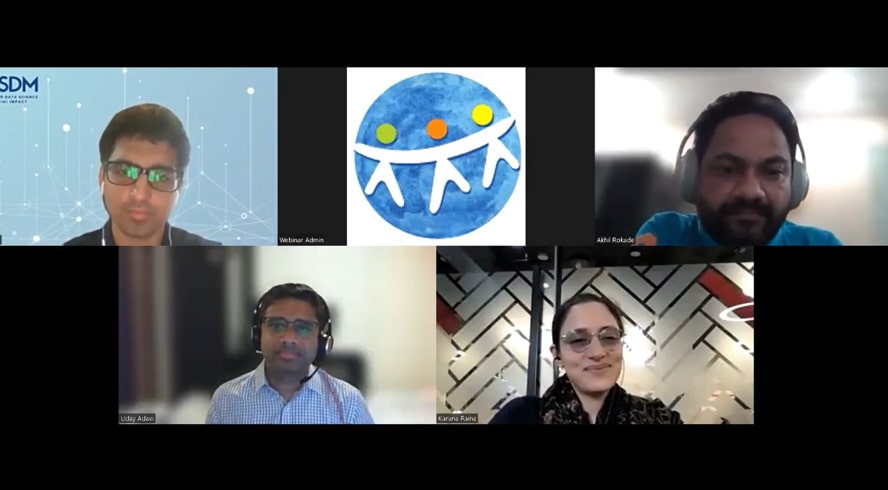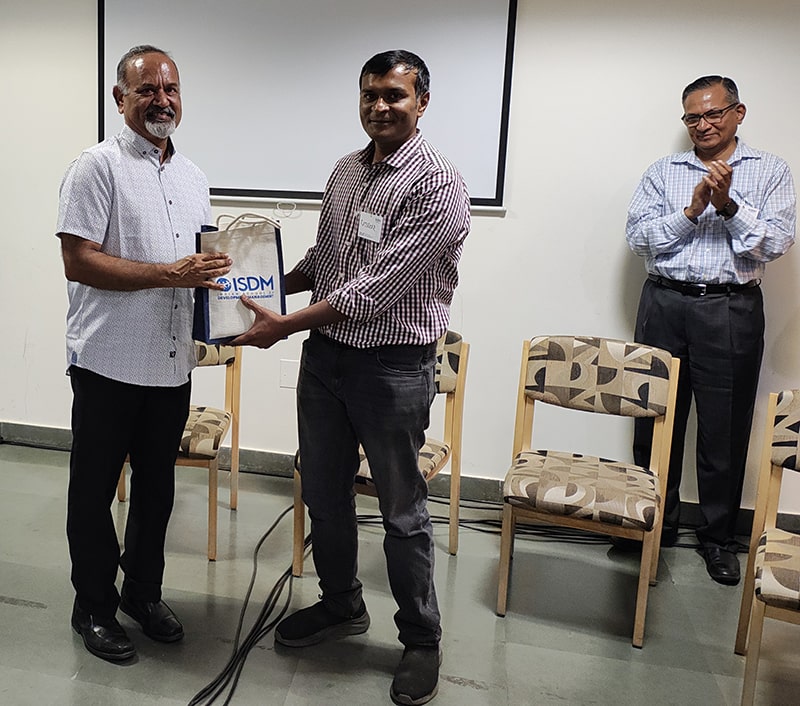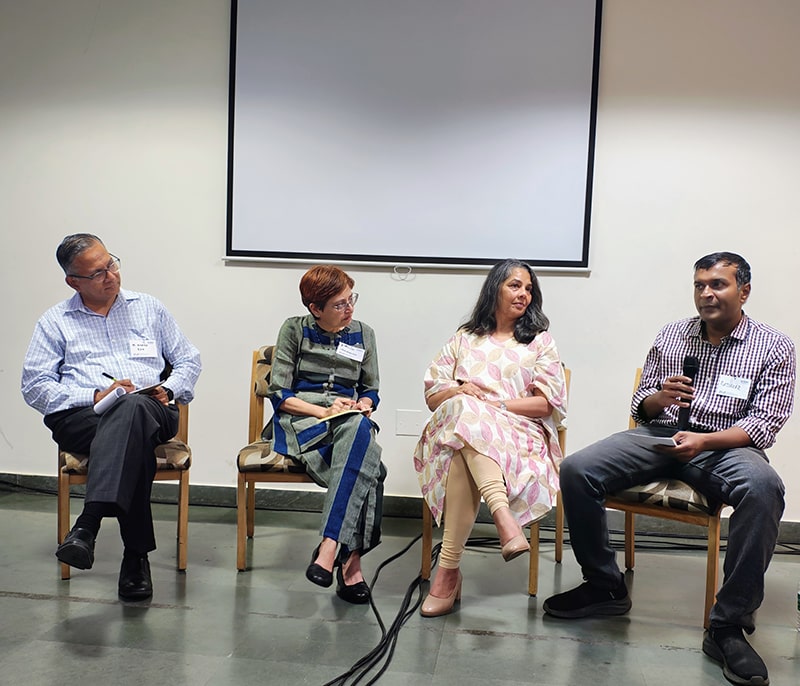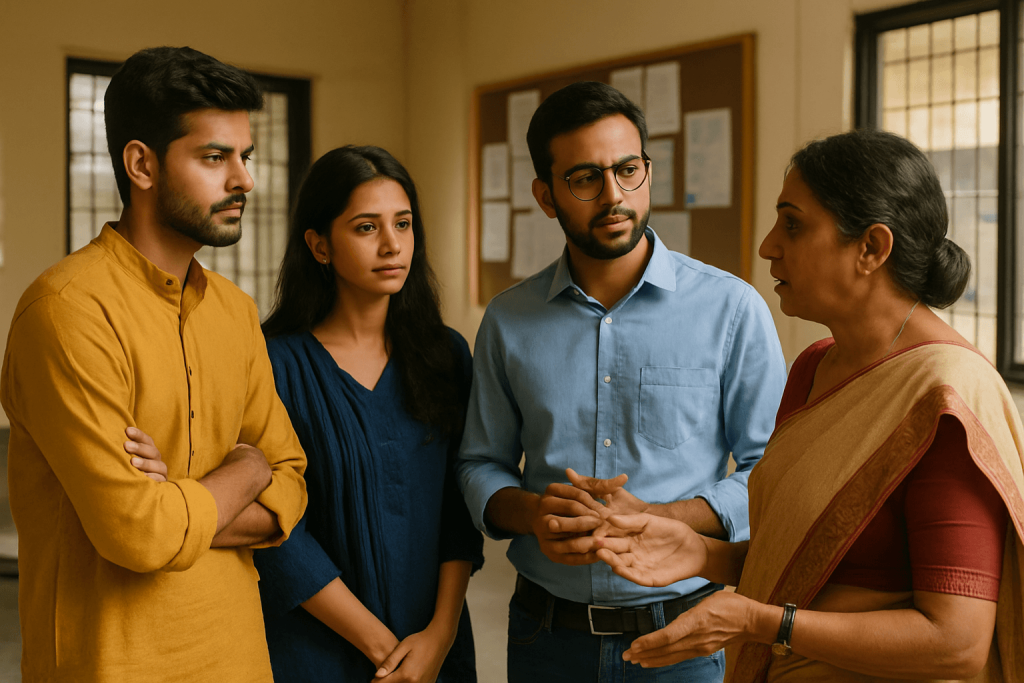Understanding data use in the social sector
CDSSI’s research into data and data science usage led to a multi-part report titled ‘The Power of Data for Impact ’, followed by two panel discussions.
CDSSI’s research into data and data science usage led to a multi-part report titled ‘The Power of Data for Impact ’, followed by two panel discussions.
The Power of Data for Impact
To explore how the social sector leverages data and data science, CDSSI conducted a research project, culminating in a two-part report titled *The Power of Data for Impact*.

*Part I
The first part, *A Study of Data-Driven Practices & Solutions in the Social Sector*, offers practical insights and examples of how social purpose organisations (SPOs) use data to drive large-scale impact. It was launched on February 28, 2024, during the online panel ‘Data Science for Social Impact,’ where experts discussed how data enhances organisational outcomes.
*Part II
The second instalment, *The Power of Data for Impact, Part 2: An Overview of Data Enablers in the Social Sector*, focuses on the factors enabling SPOs to adopt data-driven solutions. Released on May 24, 2024, in Bengaluru, it featured a panel discussion on the role of enablers in fostering social change.

During the virtual ‘Data Science for Social Impact’ event, 75 attendees participated in two panels that explored how SPOs apply data science to improve impact. Experts like Karuna Raina (Save Life Foundation) and Uday Adavi (George Institute) highlighted the use of AI and machine learning (ML) to enhance health outcomes and SPO performance. Akhil Rokde (Tata Trusts) discussed real-time data monitoring using digital dashboards.
The second panel, featuring Soma Dhawala (Wadwani AI) and Sairaj Reddy (Karya), emphasised maximising impact through reusable data-driven solutions. Reddy noted AI’s potential to streamline educational tasks, saving teachers’ time through automation platforms like WhatsApp.
Enablers in the Social Sector
On May 24 2024, CDSSI held a second panel discussion on ‘The Role of Enabling Organisations in Driving Social Change’ at the SAIACS CEO Centre in Bengaluru. This panel discussion centred on the second part of the report, and focused on different enablers and the support they can offer to SPOs.
The panel was moderated by Dr Anand Rao (Professor of Data Science and AI at Carnegie Mellon University; Chairperson of CDSSI Advisory Council), who began the discussion by trying to understand what drove the panellists to help SPOs use data better.
The panellists included Manije Kelkar (Founder of Goalkeep), Sandhya Vasudevan (Grants Committee Member at SVP), and Rajsekar Manokaran (AI/ML Consultant at DigitalGreen). As enablers, they had insightful pointers on how they can support data-driven practices in the social sector. “As a non-profit implementation person, it was frustrating that we didn’t look at our own data. When organisations collect information, they often think of it as something they need to report externally or demonstrate impact rather than as something they can learn from,” said Kelkar.

The panellists also shared actionable recommendations for SPOs. “SPOs should reach out to public forums where they can get in touch with enablers. They should also make the problem statements more open. People shouldn’t have to come to the organisation to know what the problem is,” said Manokaran. Vasudevan agreed with this statement and followed it up by saying, “SPOs should define the problem. You’ll have people coming to solve it for you.”

Harnessing The Power of Data in the Social Sector
The panel discussions and report releases were steps towards expanding upon the existing knowledge of data within the social sector, and sharing best practices for data utilisation. However, they are just the starting point for CDSSI’s objective, which is helping SPOs leverage the power of data. By sharing knowledge and use cases, CDSSI wants to foster a culture of data-driven decision-making in the social sector. As more organisations adopt these practices and take the help of resources available to them, it will pave the way for efficient organisations in the development sector that deliver meaningful impact.




